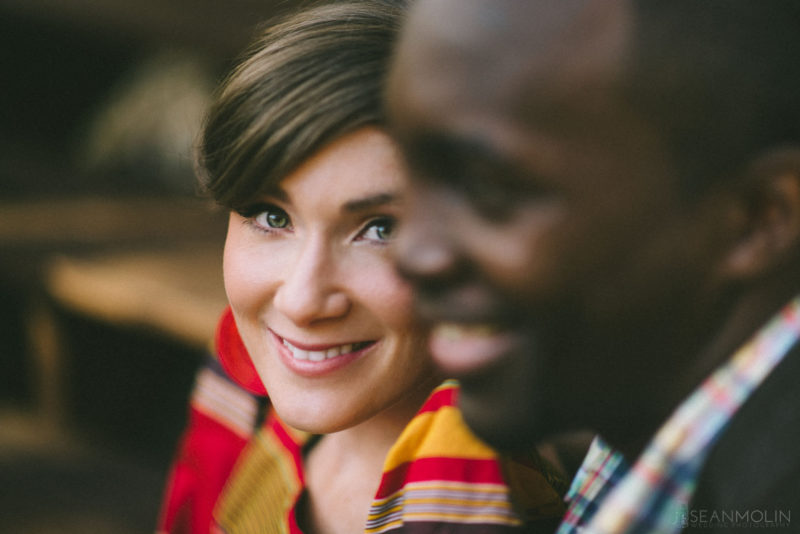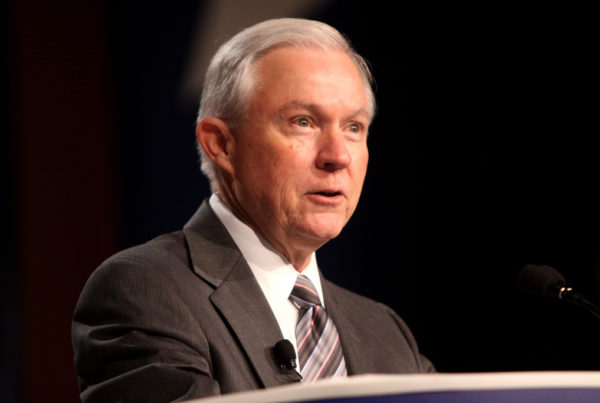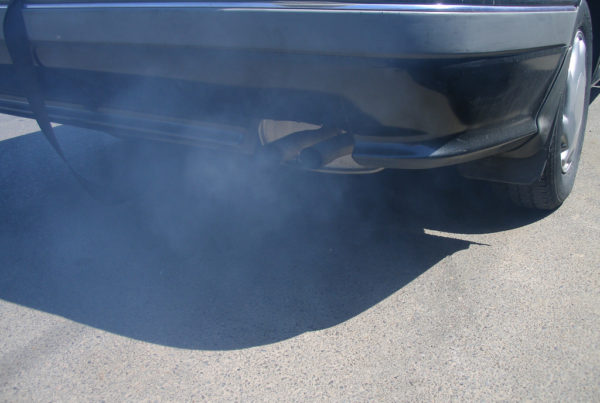The Standard’s news roundup gives you a quick hit of interesting, sometimes irreverent, and breaking news stories from all over the state.
A new report finds that when it comes to the overall well-being of children across the country, kids in Texas lag behind other states.
The Annie E. Casey Foundation, which released the report today, ranked Texas 41st out of 50 states.
The low ranking was for a number of reasons, including the fact that one out of every five kids in Texas lives in a neighborhood with high poverty.
“The fact is our legislators aren’t doing enough to support kids, so we’re actually seeing Texas remain in the bottom 10 states in overall rankings,” says Kristie Tingle, a research analyst with the left-leaning Center for Public Policy Priorities.
Tingle says Texas just missed an opportunity to help, when state lawmakers failed to fund expanded pre-kindergarten for children this past session.
This week marks the 50th anniversary of Loving v. Virginia, the landmark Supreme Court case that voided state laws restricting interracial marriage.
Back in 1967, when the case was decided, only 3 percent of newlyweds married a person of a different race or ethnicity.
The Pew Research Center found that in 2015, that rate was 17 percent.
Leah Binkovitz, a staff writer at Rice University’s Kinder Institute for Urban Research, says the Pew report theorized that we’ll see more intermarriages as the U.S. becomes more ethnically and racially diverse and attitudes change.
“Of course you would assume that when you look at a place like Houston – one of the most diverse metro areas in the country – that you would see one of the higher rates,” Binkovitz says. “And what I found is that it was slightly above the national rate, so it was about 19 percent, but it wasn’t even the highest in Texas.”
The Texas city with the highest rate of intermarriage among newlyweds was San Antonio, at 23 percent.
For Binkovitz, the lower rate of intermarriage in Houston despite its diversity raised a question.
“I don’t think there’s really a straightforward answer,” she says. “I think sometimes people want to look at intermarriage and see it as a reflection of our progress, but I think it’s a little more complicated than that and actually reflects the local context.”
One reason there might be fewer people marrying someone of a different background in Houston is that while diverse, the city is also one of the most economically and racially segregated in the country.
The relatively equal size of Houston’s racial groups could be another reason why the city has a lower rate of intermarriage.
“In the case of Houston, there are these really large established communities for all four of the major racial and ethnic groups and that means there’s more of a marriage market for each group,” Binkowitz says.
When it comes to attitudes toward intermarriage in Houston, Binkovitz says according to 2016 data, most people are okay with a close relative marrying outside of their racial or ethnic group. Yet only 41 percent had ever been in a relationship with someone of a different background.
















